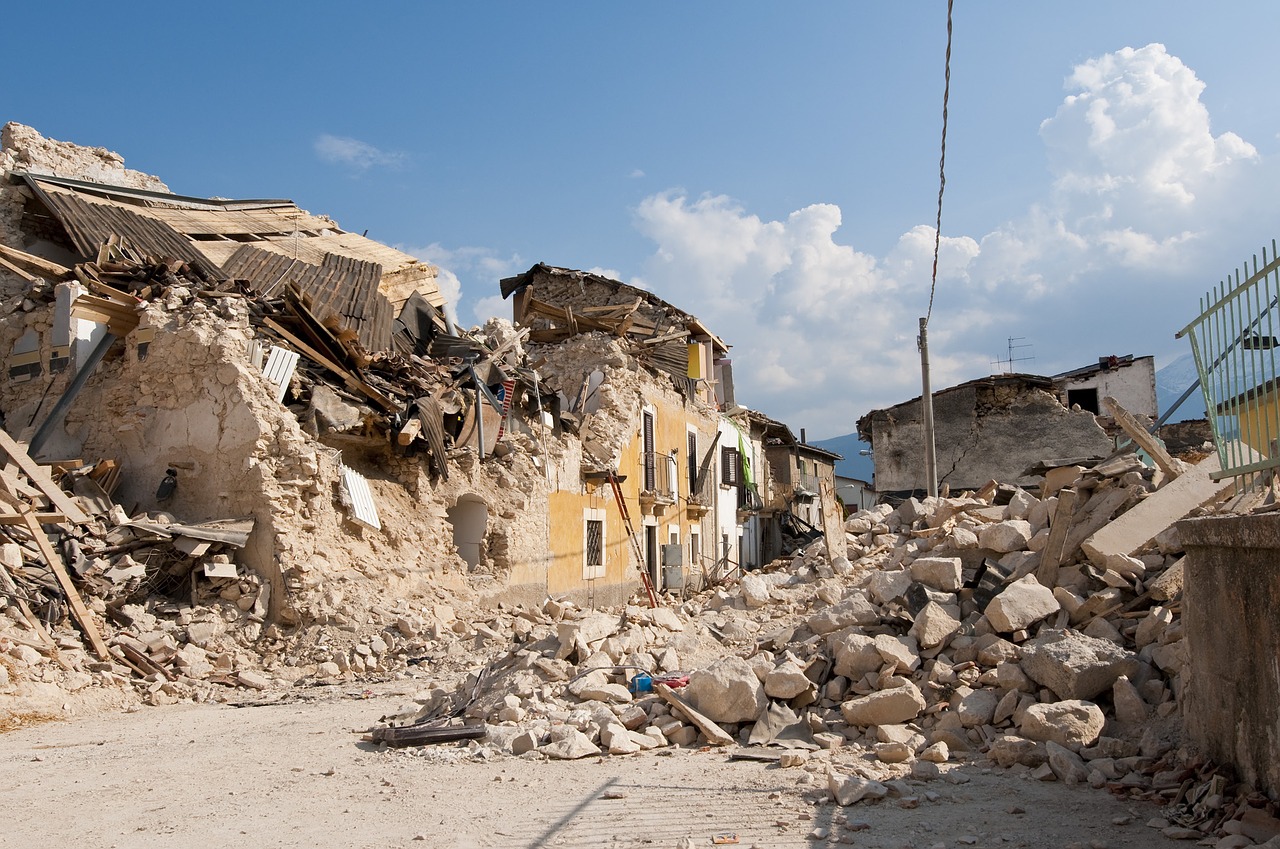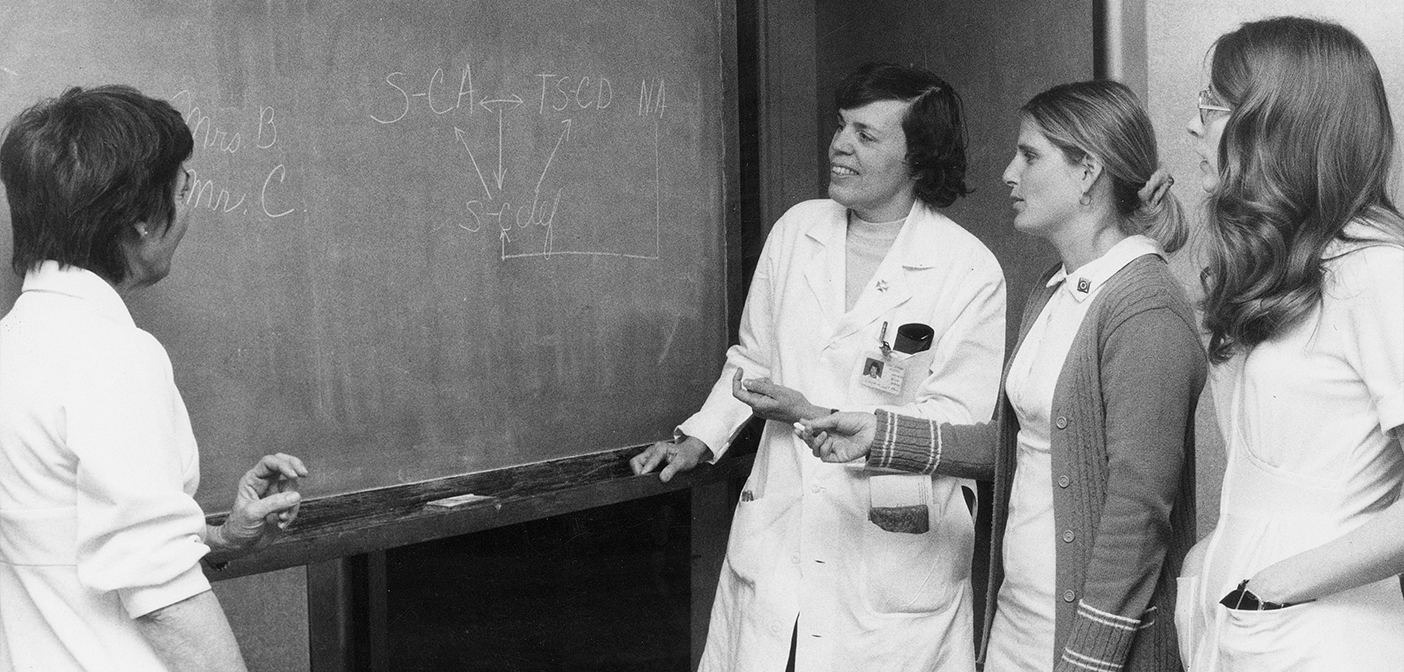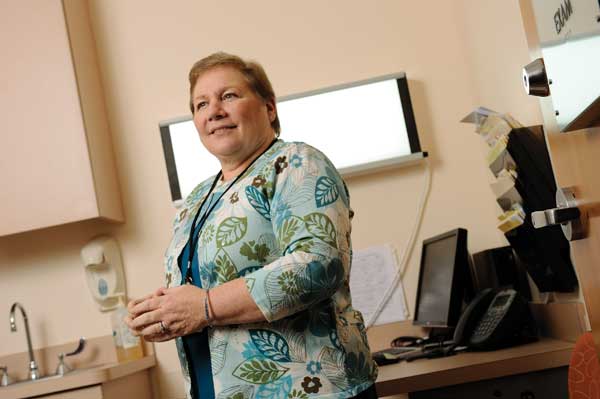On December 14-15, 2016, hospital administrators, educators, Chief Nursing Officers, American Red Cross nurses, military, and public health officials gathered in the Carpenter Room at Johns Hopkins University School of Nursing. Experts came from across the country to establish a society devoted to advancing the science and practice of disaster nursing. Presentations and lectures addressed the current gaps in knowledge, skills, and abilities of many U.S. nurses regarding emergency preparedness and disaster response. Experts were in agreement that action was needed to expand awareness of this issue and to propose recommendations directly related to disaster nursing practice, education, policy, and research. The conference paid particular attention on the call for education for nurses on handling a disaster, and, most of all, define their roles in crises.
In any sort of disaster (defined as a point in time where the demand for health care services exceeds available resources), nurses may be first responders and first receivers providing patient care, making judgment calls, coordinating resources, and restoring order. Disasters are classified as low frequency events with heavy consequences broken into two main categories – natural or man-made. Such events include hurricanes, earthquakes, riots, terrorist attacks, nuclear meltdowns, infectious diseases, and environmental catastrophes. “Many hospitals and health care facilities are not fully prepared, equipped, or have the capacity to handle large-scale disasters or public health emergencies and may be overwhelmed by a sudden unanticipated surge of patients. It doesn’t take much for an emergency department to become overwhelmed, given current constraints on emergency health care services,” says Associate Professor and disaster nursing expert Dr. Tener Veenema. The biggest challenge to planning for emergencies is that the time and scale of disasters is almost impossible to predict and resources will be limited.
Despite the consequences for health care systems and need to provide essential health care services, there is a lack of education among nurses in large-scale emergency response. “Many times nurses assume that they aren’t emergency responders, so they don’t need to know how the system works,” writes Ann R. Knebel, Deputy Director with the Office of the Assistant Secretary for Preparedness and Response in Disaster Nursing and Emergency Preparedness for Chemical, Biological, and Radiological Terrorism and Other Hazards. “When a disaster strikes a community – whether a bus accident, a tornado, a hurricane, or terrorist attack – nurses will be on the front lines helping those who are in need.” Education on disaster nursing is in short supply. Typically, many schools only include 2-3 hours of disaster nursing content in each degree program. At the Johns Hopkins School of Nursing, students have access to courses on disaster nursing and leadership during public health emergencies and will participate in a full day disaster simulation.
During the Ebola crisis in West Africa, many nurses were deployed to fight the epidemic, but lacked sufficient knowledge of staying safe and reacting appropriately to a disaster situation. Due to limitations in basic knowledge in emergency response situations, some nurses did not have the proper personal protective equipment (PPE) or did not possess the skills to “don and doff” the PPE correctly, thus exposing themselves to the virus. “The three things nurses should have knowledge of, at a minimum, are the structure of the incident command system and the nurse’s role within it, use of personal protective equipment, and how to decontaminate biological, chemical, and radiation exposures,” states Dr. Veenema.
One of the most important skills a hospital-based nurse should know is how to conduct reverse triage, or how to sort patients by who can go home early or can be transferred to other hospitals to make room for the incoming emergency patients. Reverse triage can affect how quickly a sudden increase in a hospital or health care system’s surge capacity is accomplished. A hospital or health care system’s surge capacity is its ability to rapidly escalate to meet demands of unanticipated drastic increase for care and make room for patients, acquire the right amount of supplies, and staff the right personnel to meet demand.
While specialized nurses will be needed for specific emergencies and disasters, all nurses should have the basic knowledge and skill level to easily adapt into an emergency response environment. As Dr. Veenema states, “Most often we don’t know when or where these events are going to occur, but when they do occur, there are serious health implications for communities. Nursing knowledge will have a direct impact on how well people do.”
About the Author: CRAIG LEE
 With the world becoming more connected through tweets, posts, shares, and pins, Craig keeps the School of Nursing in the mix with the ever growing, complex web of Social Media. Craig manages all of the Johns Hopkins School of Nursing’s social media accounts including Twitter, Facebook, Instagram, Google+, and LinkedIn.
With the world becoming more connected through tweets, posts, shares, and pins, Craig keeps the School of Nursing in the mix with the ever growing, complex web of Social Media. Craig manages all of the Johns Hopkins School of Nursing’s social media accounts including Twitter, Facebook, Instagram, Google+, and LinkedIn.

 Chalk One Up
Chalk One Up An Amazing Nurse
An Amazing Nurse What to Expect at Each Stage of the MSN (Entry Into Nursing) Application Process
What to Expect at Each Stage of the MSN (Entry Into Nursing) Application Process Dual Diagnosing
Dual Diagnosing Faculty Spotlight: Dr. Yvonne Commodore-Mensah & Dr. Kamila Alexander
Faculty Spotlight: Dr. Yvonne Commodore-Mensah & Dr. Kamila Alexander







